Tourism development refers to the creation and maintenance of a tourism industry within a particular location, and sustainable tourism development is concerned with ensuring this process takes factors like environmental, cultural, and economic sustainability into account. Here, you can find out more about sustainability within tourism.
Table of Contents:
- What Is Sustainable Tourism Development?
- Key Stakeholders of Sustainable Tourism Development
- Why Is Sustainable Tourism Development Important?
- 6 Benefits of Sustainable Tourism Development?
- Sustainable Tourism Development: A Complete Guide
- Ecotourism and Sustainable Tourism Development
- Sustainable Tourism Development and the Rise of Slow Tourism
What Is Sustainable Tourism Development?
Sustainable tourism development is creating and maintaining a sustainable tourism industry in a particular location, region, country, or part of the world. This means that tourism practices should place an emphasis on environmental sustainability, cultural preservation, and long-term social and economic benefits. According to the Ecotourism Global Market Report by The Business Research Company, the Ecotourism and sustainable tourism market is projected to grow at a compound annual growth rate (CAGR) of 14.5% until 2028.
Essentially, sustainable tourism development can be thought of as creating a tourism industry that does not prioritize the needs of now ahead of the needs of the future. A sustainable industry should take the appropriate steps to optimize the use of resources, minimize waste, and provide socio-economic advantages for the host region.
Sustainable tourism is important because it is necessary to maintain the long-term future of the tourism industry. When tourism is made more sustainable, it can create jobs and economic growth while avoiding situations where local communities are exploited, displaced, or made to feel like their culture is adversely affected.
Key Stakeholders of Sustainable Tourism Development
The table below highlights the diverse stakeholders crucial to sustainable tourism development. By understanding their roles and responsibilities, we can foster collaborative efforts to ensure tourism benefits both destinations and local communities while preserving natural and cultural heritage.
Why Is Sustainable Tourism Development Important?
When left unchecked, the global tourism industry can contribute enormously to environmental issues while also causing harm to local communities, cultures, and businesses. For example, flights are a major contributor to climate change, while tourism development can lead to the displacement of indigenous people or wildlife.
Making a location more accessible to tourists and providing entertainment can destroy the natural world. It is also important to understand that the economic impact of tourism is not always universally positive, and some businesses and local people may suffer when steps are not taken to promote fairness.
Video: Sustainable Tourism
Generally, sustainable tourism development focuses on three main areas, which are as follows:
Environmental Impact
The environmental component of sustainable tourism development is concerned with preserving the natural world and minimizing using natural resources. This means taking steps to promote ecotourism and avoid damaging plants and wildlife while also minimizing greenhouse gas emissions and the use of water and fossil fuels.
Socio-Cultural Impact
The socio-cultural element of developing sustainable tourism is sometimes overlooked but is critical to building a viable long-term tourism industry in a particular location. This concerns issues like preserving local culture, avoiding negative impacts on local society, and minimizing problems like overcrowding.
Economic Impact
The economic component of sustainable tourism development centers around issues linked to finances. Tourism can contribute enormously to local economies, helping regions to thrive. However, without the right steps, the benefits for large and multi-national organizations can far outweigh the benefits for smaller businesses in the local area.
6 Benefits of Sustainable Tourism Development?
While tourism can threaten environments, culture, and local economies, it can also provide significant benefits. For those in the tourism industry, the key is to create a sustainable model by maximizing the positives, minimizing the negatives, and ensuring the needs of today are not placed before the needs of tomorrow.
Sustainable tourism development allows those in the industry to become a force for good. Below, you can learn more about some of the specific benefits of this tourism development approach.
1. Attract the Sustainable Traveler
One of the major benefits of sustainable tourism development is the ability it can provide those involved in the travel industry to attract customers specifically interested in sustainable travel. This is a growing market, especially as people become more aware of climate change and their personal contributions to the problem. According to the Sustainable Tourism Worldwide Research Report by Statista, over 80% of global travelers find sustainable tourism important, making them willing to adopt sustainable travel incentives and practices.
Research shows that people prefer to buy from conscious businesses and would be willing to pay more for services from socially responsible businesses. Failing to act responsibly could mean a loss of customers, whereas your business acting responsibly is unlikely to put any travelers or tourists off.
2. Sustainability Creates Added Value
Sustainable tourism development can also benefit those in hospitality management, hotel management, and similar fields by providing added value. A good way to think of this is if two tourism-related companies offer similar products at a similar price, sustainability can serve as a competitive differentiator.
As social pressure increases and more people demand sustainable travel products and services, businesses that rise to the challenge will likely see extra benefits. For instance, websites, blogs, travel agencies, magazines, and social media channels specializing in sustainable travel could highlight your business as a positive example.
3. Trust Travelers to Be Responsible
Sustainable tourism development can also help to create a give-and-take relationship between businesses and their customers. This kind of two-way dynamic is one of the more exciting hospitality trends. Still, it is also being seen across other areas of the travel and tourism industry, including transportation.
People are becoming more conscious about the food they eat, the products they buy, and how they travel. Businesses that get involved in sustainable tourism development can do so with the knowledge that a significant segment of the market is actively researching sustainable travel and looking to reward responsible companies.
4. Create a Dialogue and Support the Local Community
The tourism industry and local communities can sometimes conflict because their goals often differ. Yet, with sustainable tourism development, tourism leaders and travel management can create more dialogue between businesses and local people, resulting in a more mutually beneficial relationship based on respect.
When this kind of dialogue is created, tourism companies can help support the local community, which can enhance the experience for your guests, as they will know they are funding a responsible business. At the same time, employees are likely to experience a greater sense of pride, and the local community can benefit from the additional jobs and the greater amount of money being put into the local economy.
5. Improve the Infrastructure of the Destination
One of the other important benefits of sustainable tourism development is the improvements made to local infrastructure. To accommodate an influx of tourists to a region, investment needs to be made in transport; for example, sustainable development will focus on options like trains to reduce emissions. This then has benefits for the local population, as well as those traveling to the region.
In rural areas, sustainable tourism efforts tend to balance visitor and local needs. Depending on the region and the opinions expressed, this could lead to technological improvements, such as faster internet connections, improved roads and public transport, and the addition of new attractions that will draw visitors to the area.
6. New Opportunities for Innovative Businesses
Tourism can help to create demand for new products, services, and other goods, and this can provide opportunities for innovative businesses that have their fingers on the pulse and offer something of value. In this context, the value could be anything from quality food and beverages to sports and recreation services.
The opportunities provided to businesses in the region can help to improve relationships between tourism companies and the local community. At the same time, businesses that move into the area can also capitalize on the demand for goods and services, and these businesses can also provide high-quality jobs for local people.
Sustainable Tourism Development: A Complete Guide
To fully understand the concept of sustainable tourism development, it can be important to delve deeper into the topic of sustainable tourism in general, including definitions, the different types of sustainable tourism, the advantages, and some real-world examples of sustainable tourism in action.
The “Sustainable Tourism Guide: What is, Why Important, Examples and More…” article will provide further insights into the topic and help you improve your knowledge and understanding.
Ecotourism and Sustainable Tourism Development
Within the broader topic of sustainable tourism development, there are several different types of sustainable tourism. Ecotourism is the type that many people immediately think of when exploring the topic, and this refers to tourism where damage to the natural environment is minimized.
Read the “Ecotourism: What it is, Advantages & Disadvantages, Examples & More” article to learn about ecotourism as a concept, the pros and cons, the educational component of ecotourism, and some real-life examples.
Sustainable Tourism Development and the Rise of Slow Tourism
Sustainable tourism development can be further aided by highlighting the qualities that make a particular place an ideal slow tourism destination. Slow tourism refers to an approach to tourism that pushes back against mass tourism. Instead of cramming in travel experiences, slow tourism focuses on sustainable, meaningful experiences.
You can learn much more about slow tourism, including how it can be defined and why it is becoming increasingly important, by reading the “Slow Tourism: What It Is, Its Importance, and Examples” article.
Sustainable Tourism Development FAQs
Sustainable tourism development is creating and maintaining a functional tourism industry in a particular location while ensuring that the industry is as sustainable as possible. This means it should preserve natural wildlife, avoid harming local culture, and provide social and economic benefits for local residents.
Did You Like This Article About Sustainable Tourism Development?
You might also be interested in the following articles:
- Hotel Energy Solution: Save Money and The Planet
- Tourism Meaning: Learn About the Definition of the Tourism Industry
- Hotel Trends: Discover The Latest Hotel Industry Trends
- Tourism Startups Focus on Innovation and Sustainability
- Smart Hotel Technology; Technologies to Smart Up Your Hotel
More Tips to Grow Your Business
Revfine.com is the leading knowledge platform for the hospitality and travel industry. Professionals use our insights, strategies, and actionable tips to get inspired, optimize revenue, innovate processes, and improve customer experience.Explore expert advice on management, marketing, revenue management, operations, software, and technology in our dedicated Hotel, Hospitality, and Travel & Tourism categories.

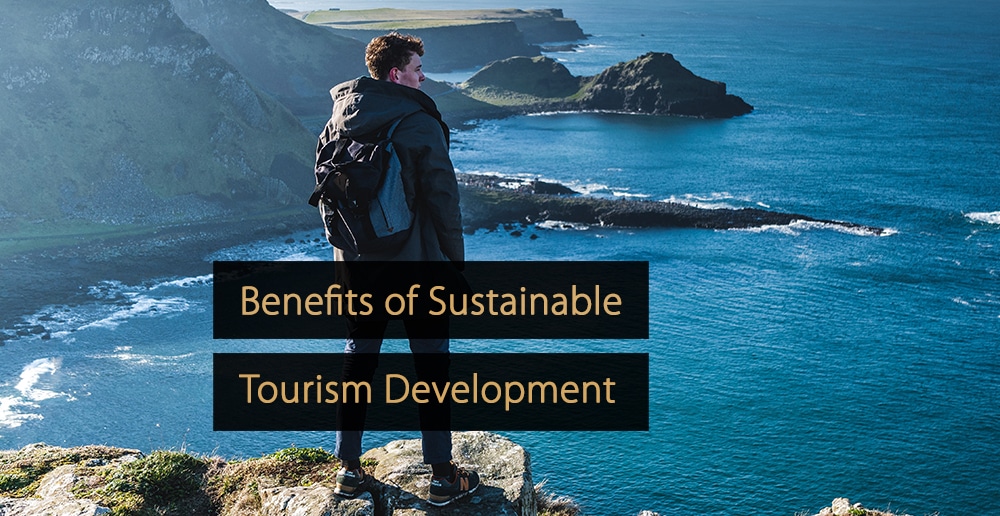

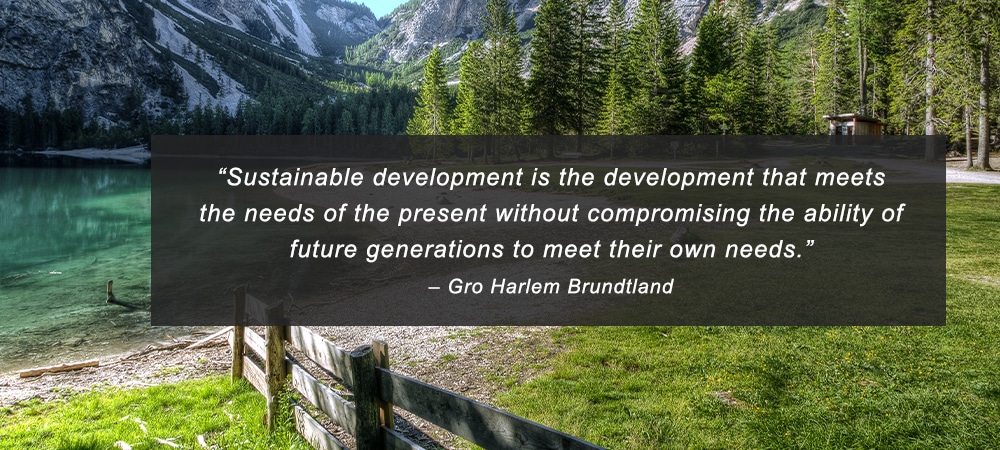
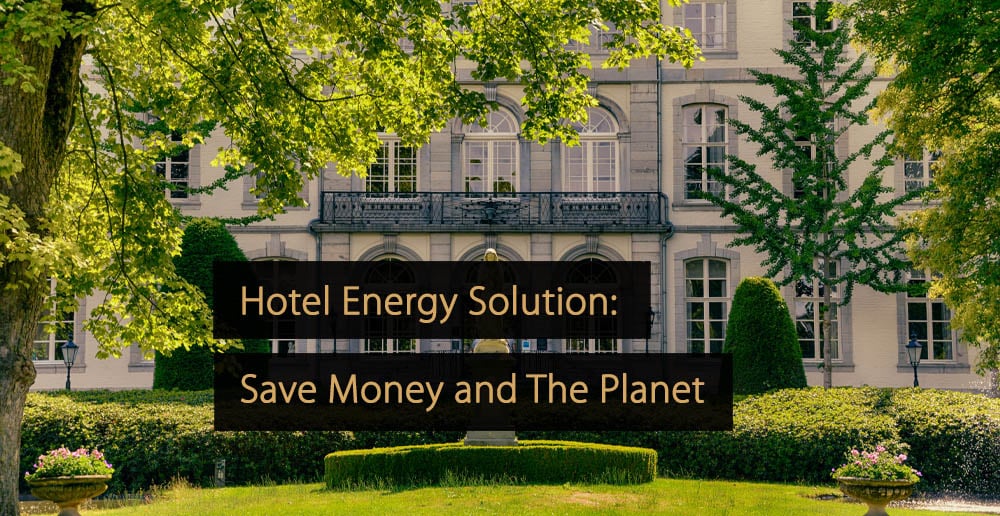


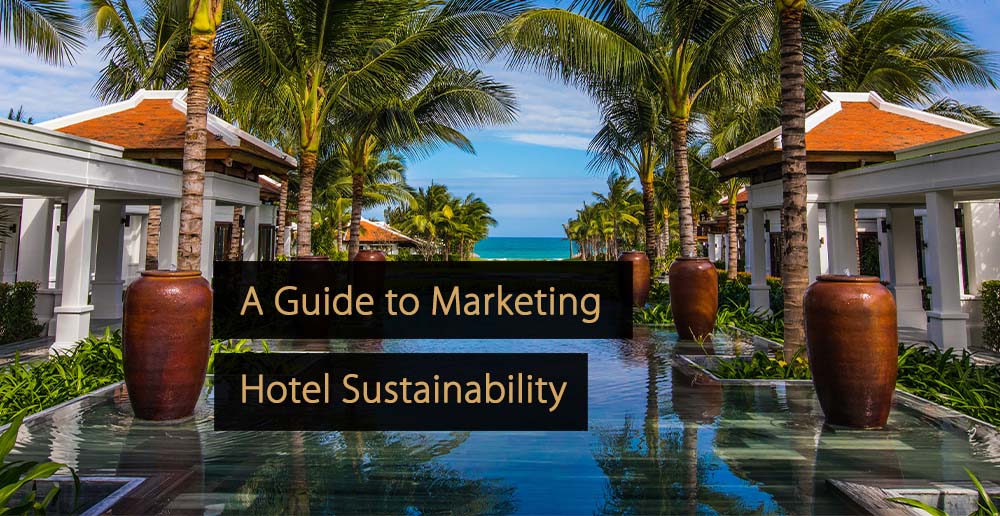

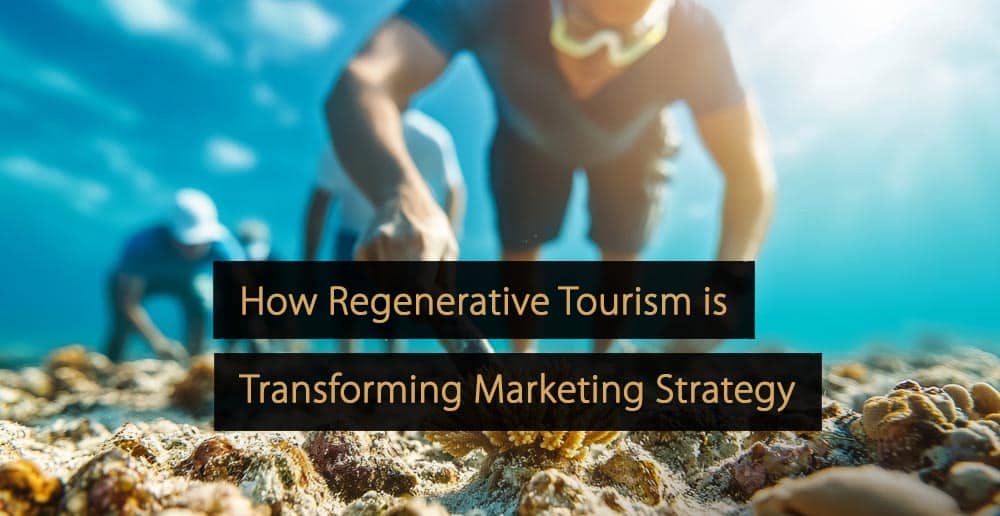
Leave A Comment